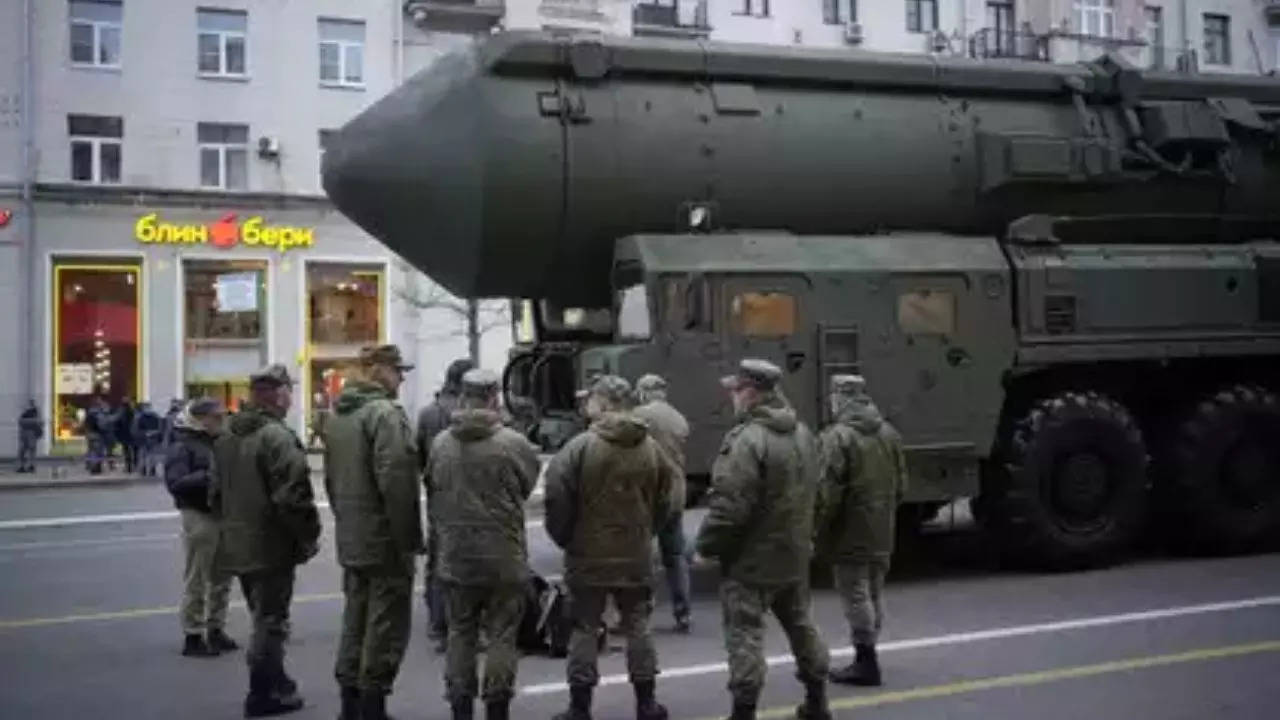After the fall of the Soviet Union, Ukraine inherited a significant nuclear stockpile but relinquished them due to financial burdens and geopolitical risks. The 1994 Budapest Memorandum promised security guarantees, which proved unreliable when Russia annexed Crimea and supported separatists in Ukraine. The ongoing Russia-Ukraine conflict highlights the vulnerabilities of Ukrainian security without nuclear deterrence. The decision to give up nuclear weapons has left Ukraine exposed to external threats, especially from Russia. The lack of a nuclear deterrent has emboldened Russia to assert its influence in the region. Ukraine’s security concerns have escalated, necessitating support from the international community. The unresolved conflict underscores the importance of nuclear deterrence in geopolitics. The situation in Ukraine serves as a cautionary tale for other nations considering denuclearization. The global community must reevaluate the efficacy of security assurances and the risks associated with disarmament. The Ukraine-Russia conflict continues to unfold, emphasizing the complex interplay between nuclear capabilities and national security. As Ukraine grapples with ongoing challenges, the debate over nuclear disarmament versus deterrence remains a critical issue in international relations.

Posted in
JUST IN
Ukraine’s Decision to Give Up Nuclear Weapons Exposes Vulnerabilities Amid Russia Conflict: Analysis
In Trend





















